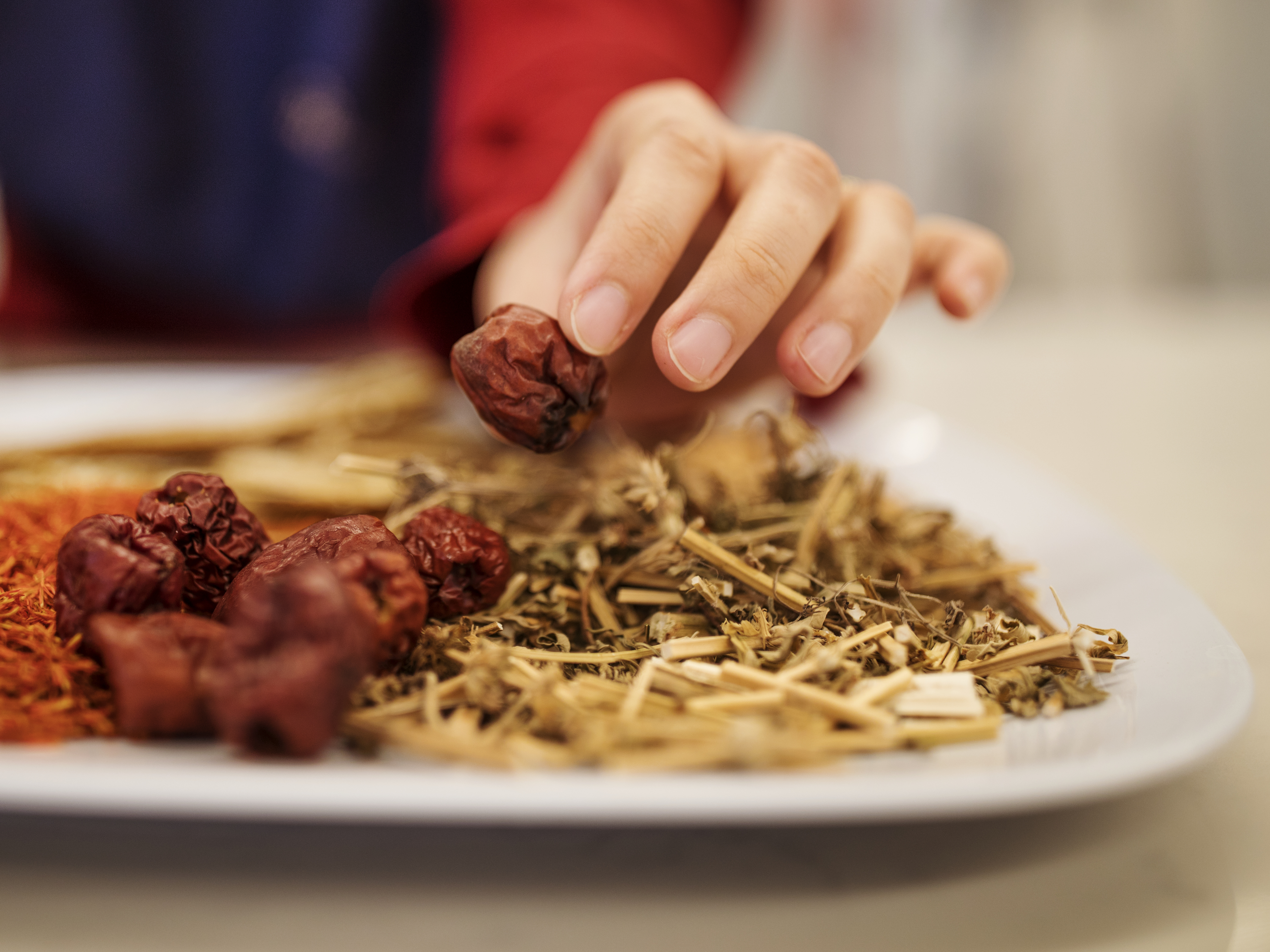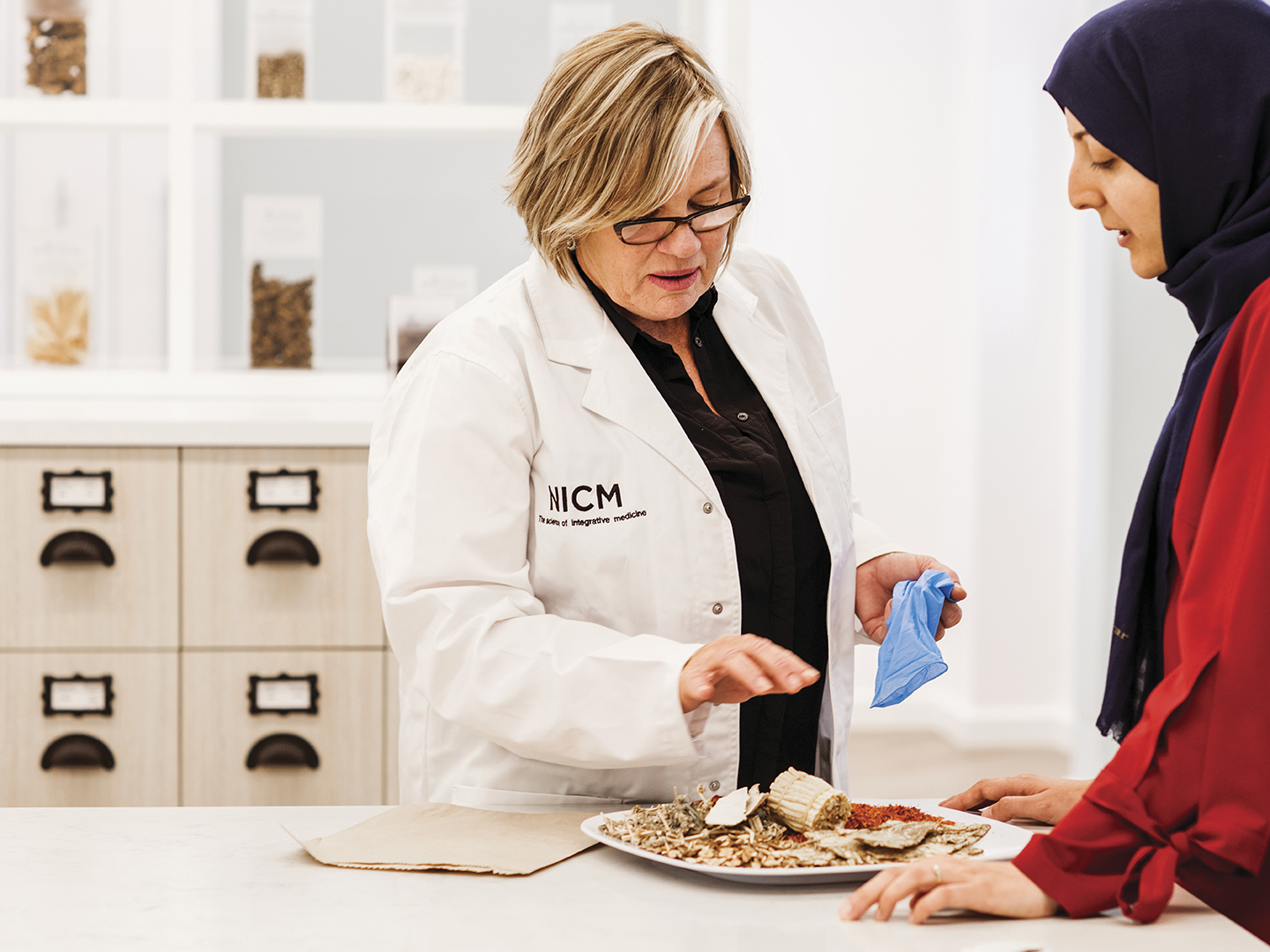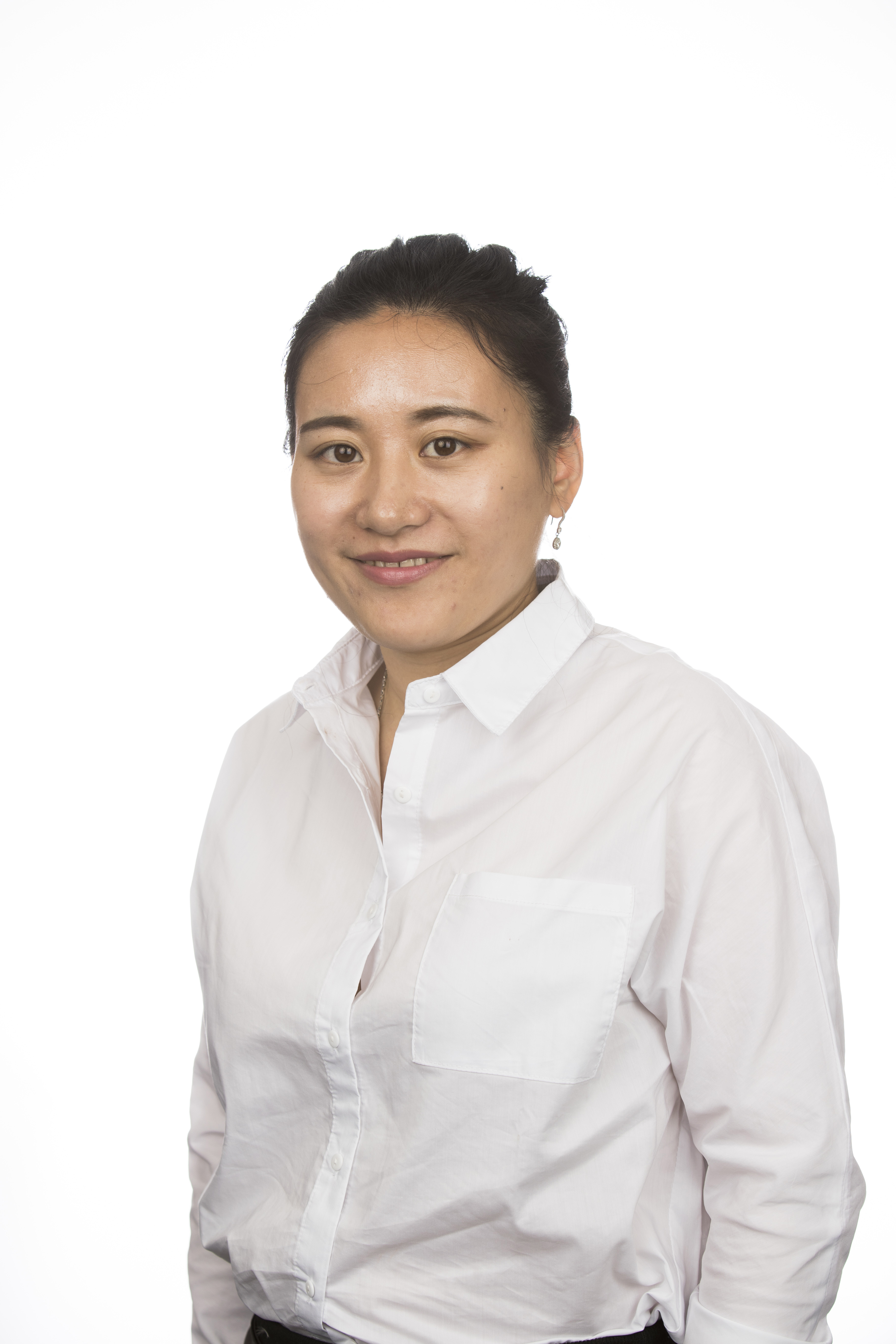You can search for courses, events, people, and anything else.
Though effective on their own, certain prescription drugs can have adverse effects when taken with others. For example, combining a blood thinner with a nonsteroidal anti-inflammatory drug can increase the risk of bleeding. Many such drug–drug interactions are documented in databases that physicians and patients can refer to.
However, much less is known about how complementary medicines interact with prescription medications, although it is common for both to be used simultaneously. “If the patient is taking traditional Chinese medicine without informing their general practitioner, it can be hard to identify the causality when there is an adverse reaction,” says Dr Phoebe Zhou, a research support programme fellow at Western Sydney University’s NICM Health Research Institute.
To address this gap, Zhou and her collaborators at UnityHealth, an independent health information and technology services company, are pioneering a new database focused on interactions between pharmaceutical drugs and traditional Chinese medicinal herbs. The database, to be delivered via the Integrative Medicine Gateway (IMgateway), provides evidence-based information to support informed decision-making. Through a user-friendly, colour-coded system, users can quickly assess the level of risk associated with each interaction, ranging from adverse effects (red) to potential benefits (green).
Information on more than 100 herbs has been validated so far, and the database will be publicly released when there are 200 entries, Zhou explains. “The western herbs database is already used by pharmacists across Australia. IMgateway can be integrated with any drug information system around the world so we look forward to our interactions database being actively used across many countries,” she says.
Once launched, the next step will be to educate pharmacists in Australia and beyond on how to get the most out of the database, Zhou adds. In the future, there could also be a chat function where consumers or patients could talk directly to a pharmacist, rather than making a trip to their GP.
“The ultimate goal is to support patients in self-care and improve the therapeutic relationship they have with their healthcare provider,” says Peter De Lorenzo, UnityHealth’s CEO. “We highly value our collaboration with the team at NICM HRI at Western which has advanced the IMgateway drug–herb interaction platform and enhanced the scientific evidence supporting the database.”
In addition to UnityHealth, the project was supported by grants from the Australian Department of Education’s National Industry PhD Program, as well as the Graduate Research School and NICM HRI at Western. The project was initiated in 2017 by Professor Alan Bensoussan, and is now led by Zhou at NICM HRI.
Meet the Academic | Dr Xian (Phoebe) Zhou
Dr Xian (Phoebe) Zhou, a Research Support Program Fellow at the NICM Health Research Institute, specialises in natural products, cardiovascular health, and mental well-being. The complex and multi-component nature of herbal medicine poses significant challenges for studying their safety, efficacy, and mechanisms of action. Dr Zhou’s research is dedicated to addressing these scientific issues. She has developed various cellular models and AI machine learning models that can be applied to characterise interactions (synergy or antagonism) among bioactive molecules targeting therapeutic outcomes. Her research excellence has been recognised by numerous awards, including the 2019 Improving Cardiovascular Outcome Network Early Career Researchers Program Award, the 2021 Western ECR Researcher Development Award, the 2023 NSW Cardiovascular Research Network (CVRN) Professional Development Award, and the 2023 ISCMR Scientific Article Prize for the best article in the field of Traditional, Complementary, and Integrative Medicine for 2020 to 2021.
Dr Zhou is an industry fellow who has demonstrated strong leadership in industry engagement for commercialisation and research translation, actively developing and maintaining collaborations with numerous national and international industry partners. Her research guides industry partners in their R&D efforts to explore new therapeutic claims and strengthen scientific evidence for existing herbal and natural products. Prior to her current role, Dr Zhou was the principal investigator of an ARC project at NICM HRI, which investigated the synergistic mechanisms of functional foods. Her research has been supported by various external funding agencies, including federal and state governments, local and international industry, and professional associations, with a total value exceeding $900,000. Her contributions to the industry have been recognised by the 2022 Young Achiever of the Year Award from Complementary Medicines Australia and the 2023 Inaugural Western Ventures Award in the WSU Research Impact Competition.
Credit
Future-Makers is published for Western Sydney University by Nature Research Custom Media, part of Springer Nature.
© marilyna/iStock/Getty






